Table of Content
▲- 1. Legal Documents and Property Verification
- Table: Stamp Duty Charges State-wise
- 2. Builder's Reputation and Background Check
- Table: RERA Registration Numbers of Popular Builders
- 3. Payment Plan and Financial Considerations
- Table: Home Loan Interest Rates from Top Banks (As of 2024)
- 4. Location and Neighborhood Amenities
- Table: Average Rent Prices in Major Cities (State-wise)
- 5. Property Size and Layout
- Table: Minimum Carpet Area Requirements as per RERA (City-wise)
- Conclusion
When booking a flat, whether it's for personal use or investment, ensuring the right checks and verification can save you from future hassles. From legal clearances to financial aspects, there are several important things to consider before signing the deal. In this article, we’ll walk you through five crucial things you should check before booking a flat, along with state-wise details for a better understanding of the process.
1. Legal Documents and Property Verification
The first step before booking a flat is to ensure all legal documents and clearances are in place. This includes checking the property’s title, ownership history, and whether the builder has received the necessary approvals.
Important Documents to Check:
- Title Deed: This is the legal document that verifies the ownership of the property.
- Sale Agreement: Outlines the terms and conditions of the sale.
- Completion Certificate: Ensures that the building is constructed as per the approved plan.
- Occupancy Certificate: Issued by the local authority to confirm that the property is fit for occupancy.
- Encumbrance Certificate: Confirms that the property is free from any legal or financial liabilities.
Table: Stamp Duty Charges State-wise
|
State |
Stamp Duty Rate (%) for Flats |
|
Maharashtra |
5% |
|
Karnataka |
5% (Urban), 3% (Rural) |
|
Tamil Nadu |
7% |
|
Delhi |
6% |
|
Gujarat |
4.9% |
|
Rajasthan |
8% |
|
Uttar Pradesh |
7% |
Note: These rates are indicative and can change over time.
2. Builder's Reputation and Background Check
Once the legal aspects are clear, it's crucial to research the builder's background and reputation. With so many real estate developers in the market, some may not deliver on their promises. A reliable builder ensures quality construction, timely delivery, and adherence to legal norms.
Things to Check:
- Track Record: Look into the builder's past projects and completion times.
- Customer Reviews: Online reviews and testimonials can give you a clear idea about the builder's reputation.
- RERA Registration: Ensure the builder and the project are registered under the Real Estate Regulatory Authority (RERA) for transparency and accountability.
Table: RERA Registration Numbers of Popular Builders
|
Builder Name |
RERA Registration Number |
|
Godrej Properties |
P52000012345 |
|
Lodha Group |
P51700008967 |
|
Prestige Group |
PRM/KA/RERA/1251/1234 |
|
Sobha Limited |
PRM/KA/RERA/1251/1251 |
|
DLF Limited |
HRERA-PKL-1234-1235 |
3. Payment Plan and Financial Considerations
Understanding the payment plan offered by the builder and the financial implications is essential. Many builders offer attractive payment schemes, but you must evaluate if they are feasible for your financial situation.
Also Read: Tips to buy your dream home with a single income
Types of Payment Plans:
- Construction-linked Plan: Payments are linked to the construction stages. This is considered safe as you only pay as the work progresses.
- Time-linked Plan: Payments are based on specific time intervals, regardless of construction status.
- Down Payment Plan: A lump sum payment (usually 10-20%) is made at the time of booking, and the remaining amount is paid over time.
EMI and Loan Details
When financing your home purchase through a loan, carefully evaluate the interest rates, tenure, and other costs. Opt for home loan schemes with the lowest interest rates and favorable terms.
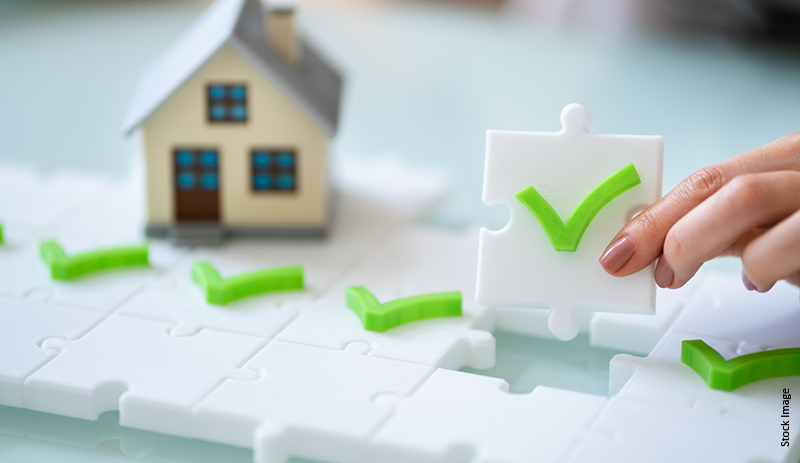
Table: Home Loan Interest Rates from Top Banks (As of 2024)
|
Bank Name |
Interest Rate (%) |
|
SBI |
8.20% |
|
HDFC Bank |
8.50% |
|
ICICI Bank |
8.40% |
|
Axis Bank |
8.60% |
|
PNB Housing |
8.35% |
4. Location and Neighborhood Amenities
The location of your flat can significantly impact its value and your lifestyle. A flat in a prime or developing area with access to essential services like schools, hospitals, and public transport will have a better resale value.
Factors to Consider:
- Connectivity: Proximity to major roads, public transport, and work hubs.
- Nearby Amenities: Schools, hospitals, shopping malls, parks, etc.
- Safety: Check for crime rates and safety measures in the area.
- Future Developments: Upcoming infrastructure projects can boost property value.
Also Read: What is the Difference Between Condo and Apartment? Decide Which is a Better Buy
Table: Average Rent Prices in Major Cities (State-wise)
|
City |
Average Rent for 2BHK (INR) |
|
Mumbai |
₹35,000 - ₹80,000 |
|
Delhi |
₹25,000 - ₹60,000 |
|
Bangalore |
₹25,000 - ₹55,000 |
|
Chennai |
₹20,000 - ₹50,000 |
|
Hyderabad |
₹18,000 - ₹45,000 |
|
Pune |
₹22,000 - ₹50,000 |
5. Property Size and Layout
The size and layout of the flat are essential aspects that can affect both your living experience and the property's resale value. A well-planned layout maximizes space and provides a comfortable living environment.
Things to Check:
- Carpet Area vs. Built-up Area: Builders often advertise the built-up area, which includes walls and common areas. The carpet area (usable space) is what you should focus on.
- Room Dimensions: Ensure that the rooms are spacious enough to meet your needs.
- Vastu Compliance: For those who believe in Vastu Shastra, ensure that the flat layout follows Vastu principles for better energy flow.
Table: Minimum Carpet Area Requirements as per RERA (City-wise)
|
City |
1BHK (Carpet Area) |
2BHK (Carpet Area) |
|
Mumbai |
350 sq. ft. |
650 sq. ft. |
|
Delhi |
400 sq. ft. |
700 sq. ft. |
|
Bangalore |
375 sq. ft. |
650 sq. ft. |
|
Pune |
350 sq. ft. |
675 sq. ft. |
|
Hyderabad |
360 sq. ft. |
660 sq. ft. |
Conclusion
Buying a flat is a significant investment, and it requires careful consideration and thorough checks. From legal verifications to understanding financial obligations, location analysis, and builder reputation, each factor plays a vital role in ensuring a smooth home-buying journey. By conducting these checks diligently, you not only protect yourself from potential issues but also ensure that you are making a sound and informed decision.
Remember, patience and due diligence go a long way in making your flat purchase a worthwhile and rewarding experience.
Also Read: Impact of Charging Infrastructure on EV Adoption: Challenges for Homebuyers in Housing Societies

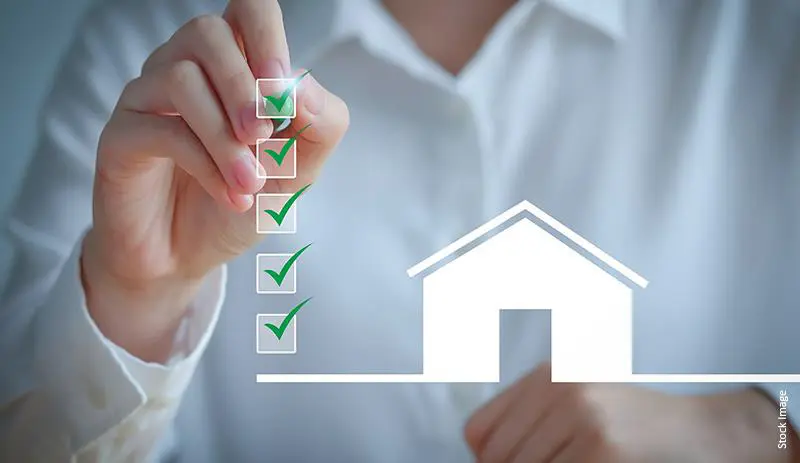
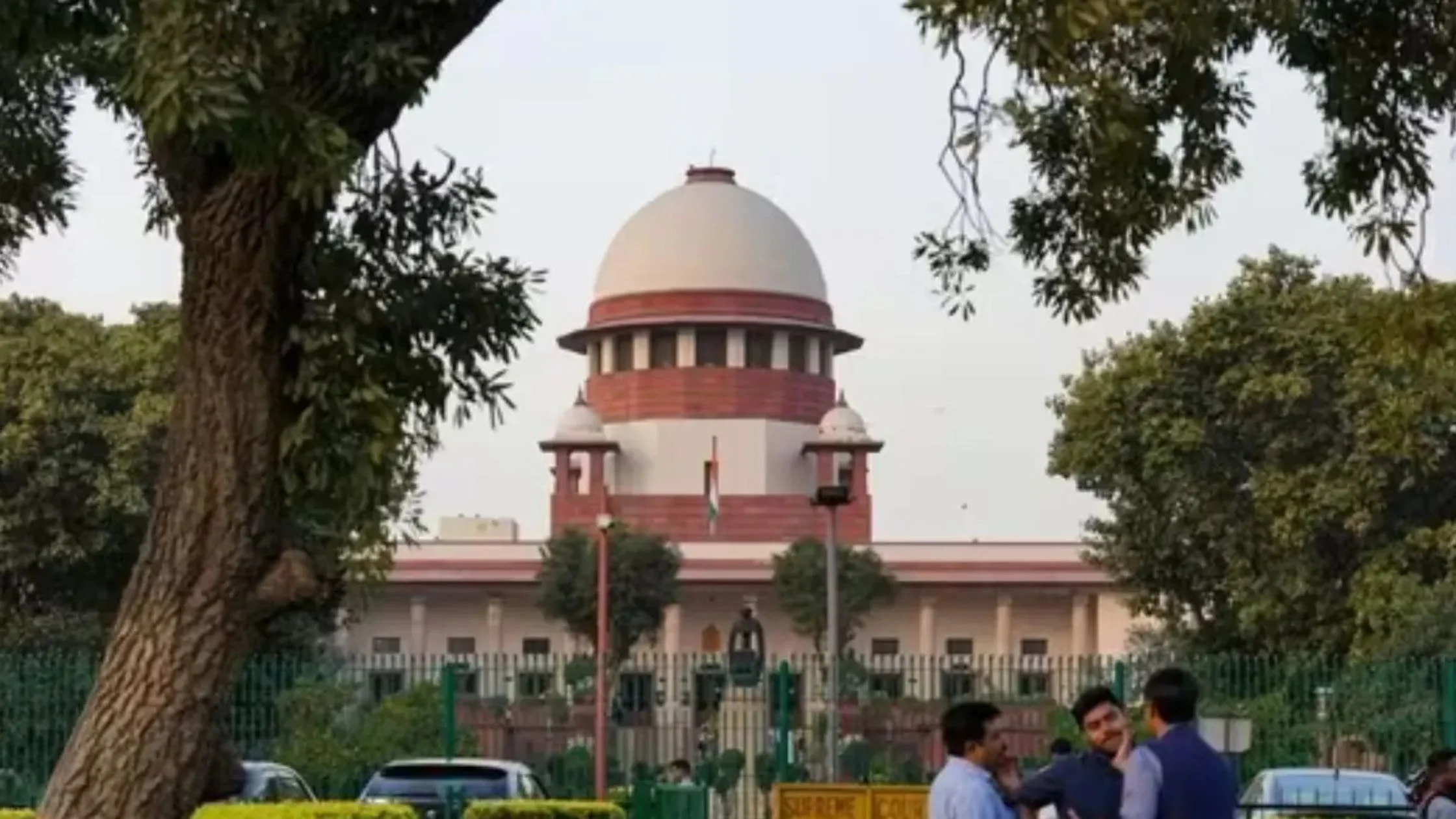
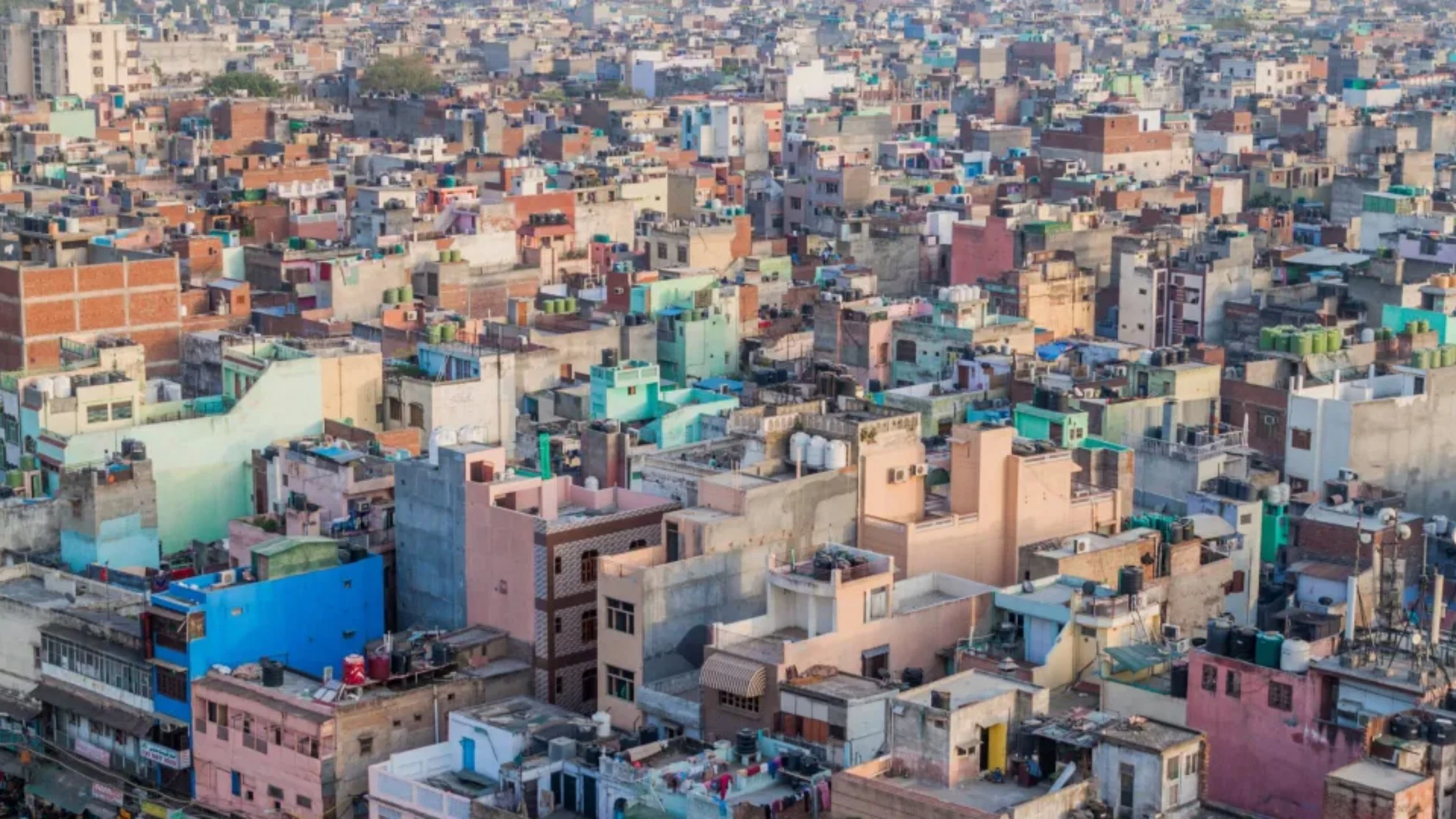
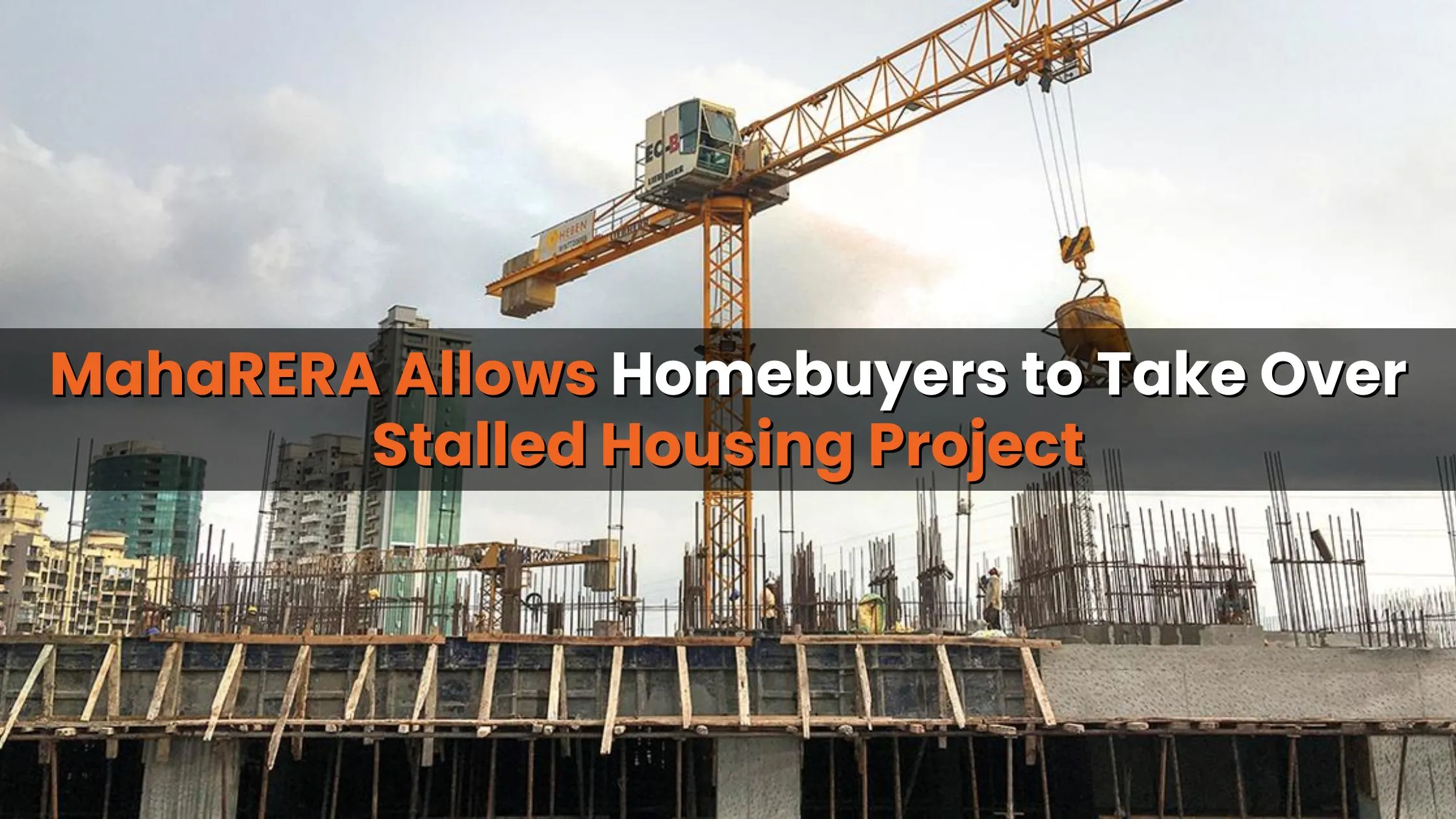


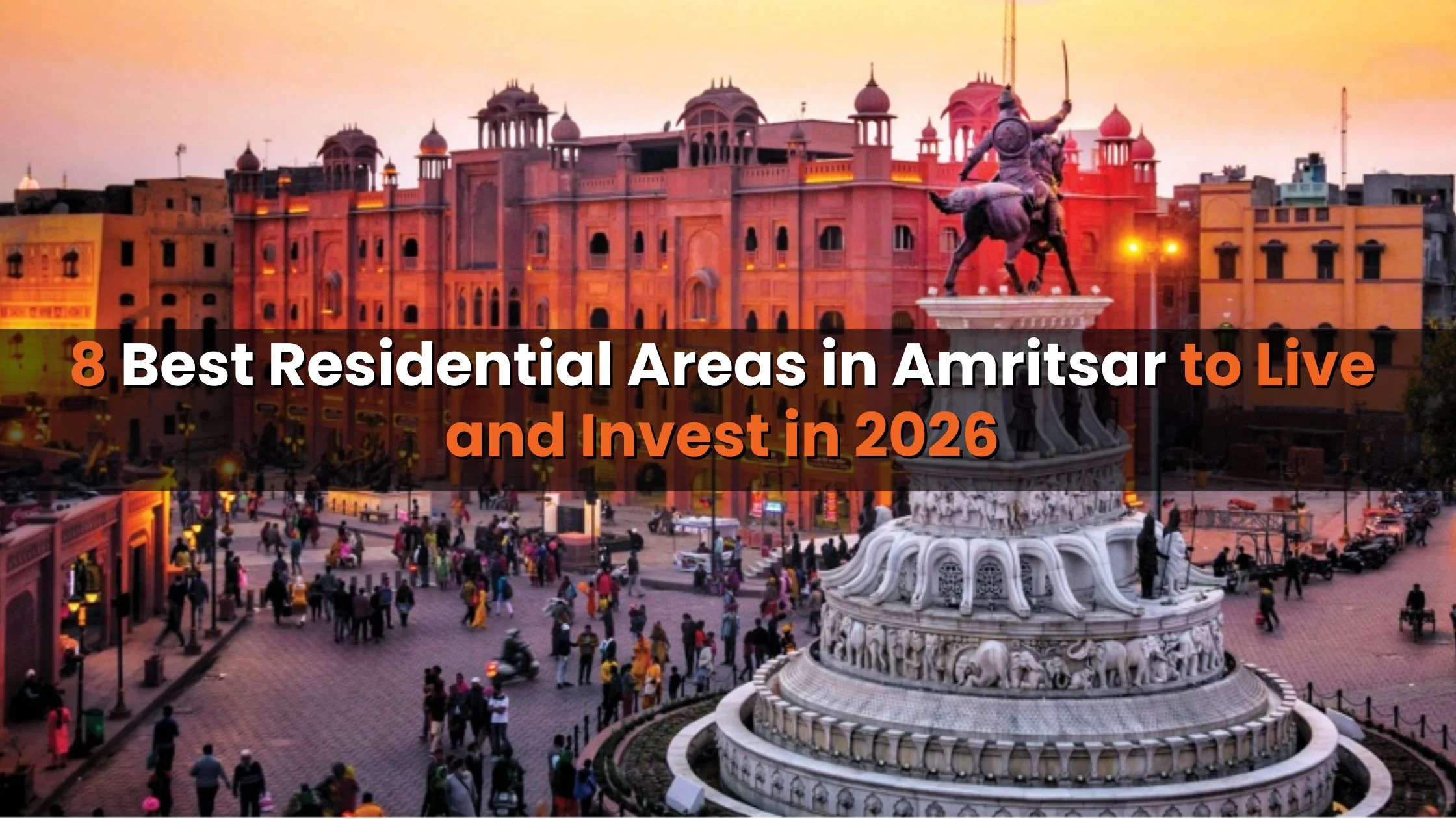

_1770286619.webp)
Ans 1. You should verify the title deed, sale agreement, completion certificate, occupancy certificate, and encumbrance certificate
Ans 2. Carpet area refers to the actual usable area inside the flat, while the built-up area includes walls, balconies, and other spaces.
Ans 3. You can check online reviews, the builder’s past project history, and verify RERA registration details for accountability.
Ans 4. Yes, it’s crucial to check all legal clearances to avoid future complications related to ownership or construction.
Ans 5. In a construction-linked plan, you pay as the construction progresses, ensuring that your money is safe and you’re not paying for unfinished work.